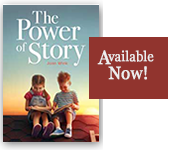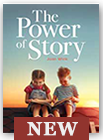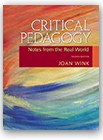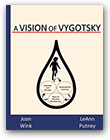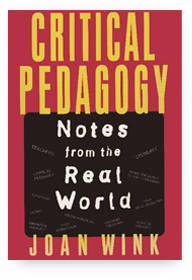Dear WinkWorld Readers, remember this one is for the teachers in my class. Join us if you like.
Class, in the past 3 weeks, we have focused on the BIG IDEAS of teaching and learning. We have talked about transmission, generative, and transformative perspectives, but we have learned that there are many, many ways of teaching and learning. At this point, we are moving towards you being able to tell your own story of your pedagogical practices. This is all a part of our planned syllabus.
History Helps: 3 Perspectives on Teaching and Learning
However, you keep generating bigger ideas, which are not on the syllabus.
For example, the whole notion of equality and equity keeps creeping into your dialogue. Here is an imagine, which seems to periodically move across social media. This might help you understand a bit.
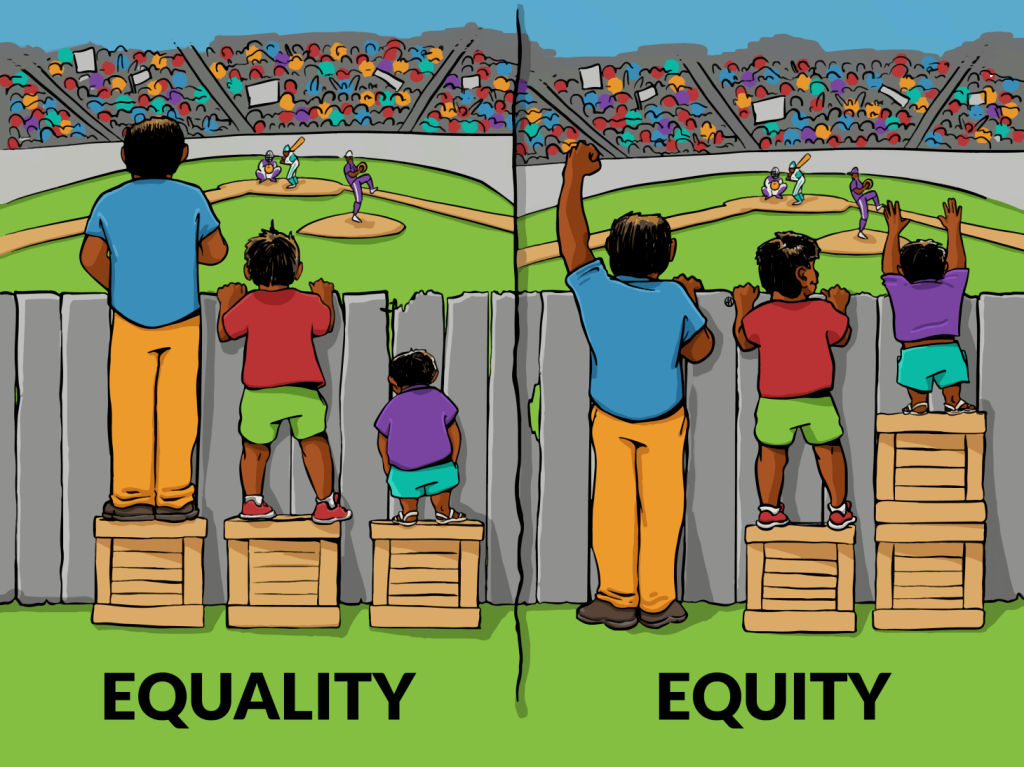
In addition, we keep thinking about how the perspectives on teaching and learning ebb and flow across the decades.
Timelines of the Big Ideas from A Vision of Vygotsky
Vygotsky is not on our planned syllabus, but you keep mentioning his ideas, specifically regarding mentoring and the zone of proximal development. So, who was he, and how did I meet him? (No, of course, I didn’t really meet him, but I did run into his legacy.)
Teachers, for me, your most interesting dialogue occurred when I posted the following quote from Margaret Wheatley. Thank you for your reflective teaching and learning.
They were eager to create a model or framework into which they could slot information. I was intent on letting information do its thing. They wanted to get organized at the start; I wanted them to move into confusion. I urged them to create more information than they could possibly handle. I guaranteed them that at some point the information would self-organize in them, crystallizing into interesting forms and ideas. ~Margaret Wheatley (1992, p. 150)
Finally, the best question of the week came from Jill, who asked: What is literacy? Class, you can enjoy your colleagues’ sharing on D2L.
A
